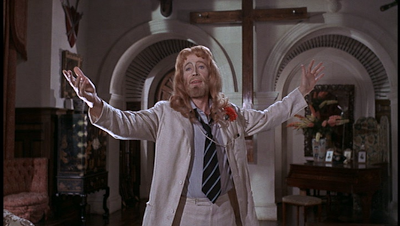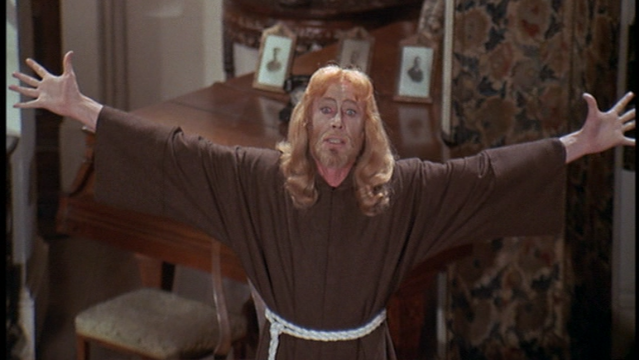Bravo!
You will love this guy ... you are ready for the next step and Peter Watts is your next Jordan Peterson.
Hm, I'm not sure if you're being serious or not. He seems a bit of a nihilist for your tastes (although I watched the YouTube clip only).
Re my last post: I'm still working my way through mind and life, but so far it has really reinforced for me the way in which mind and body are integrated. Consciousness and its "contents" appear to strongly correlate to physiological/neurological processes, and yet there is no place for subjectivity in the objective, scientific world view.
I still think Robin Faichney and the dual-aspect approach as he articulated it makes the most sense. (Not sure if he did so on his website or his paper. I can try to find it if someone is curious.)
@smcder you said awhile back—and I'll never find it—the one can't say consciousness is the "inside" and objective reality the "outside," but I still think those are powerful descriptors and feel intuitively right. Subjectivity cannot be objectively explained by definition. I'm rambling now.
Re Googles hallucinating neural nets. I saw that article too.
Something I wonder: Most men become aroused at the sight of a shapely, naked female body. This arousel is automatic (but can be surpressed to some extent).
Similar to the pixelated google images; I wonder how distorted of an image of a shapely body would cause arousel? I'm sure it would vary by individual and current mood etc.
I suppose it's not much different than the fear response; flight or fight response can be triggered by very abstract stimuli if translated by the organism in such a way.
Where am I going with this? Not sure. Our subjective reality correlates to a real, palpable objective reality. They are one and the same, experience is not virtual... But experience is subjective and with it and empathy we color what-is; we are "lived" bodies.
Really rambling now but anxious for Mind in Life to discuss "pre-reflective" consciousness, with and perhaps without self-consciousness.
Can one be aware (conscious) if one is not also self-aware? Do we experience green if we are not simultaneously experiencing "I am experiencing green"?
As I've shared many times, my sense of self often fads throughout the day, whether I'm focused on a stimulating event, deep in thought, etc.
Am I conscious at those times? Seems a silly question but it's a serious one!
Why am I conscious of the fly on my arm when I'm trying to meditate, but not consciousness of the fly when I'm watching a bear run at me? Why didn't the natives "see" the green patch until they had been told it was a green patch? (Perhaps different phenomena.)
Why are some physiological processes sometimes conscious and sometimes not conscious?
What happens where and how to allow/cause my stream of consciousness—my phenomenal landscape—to differentiate into this wonderful morphology and that wonderful morphology and then, at night, to just disappear?
There are a myriad of enviro-physiological processes that allow us to be thinking, feeling, sentient beings—but there's something else as well, I'm thinking, that allows us to be conscious, self-aware beings.





